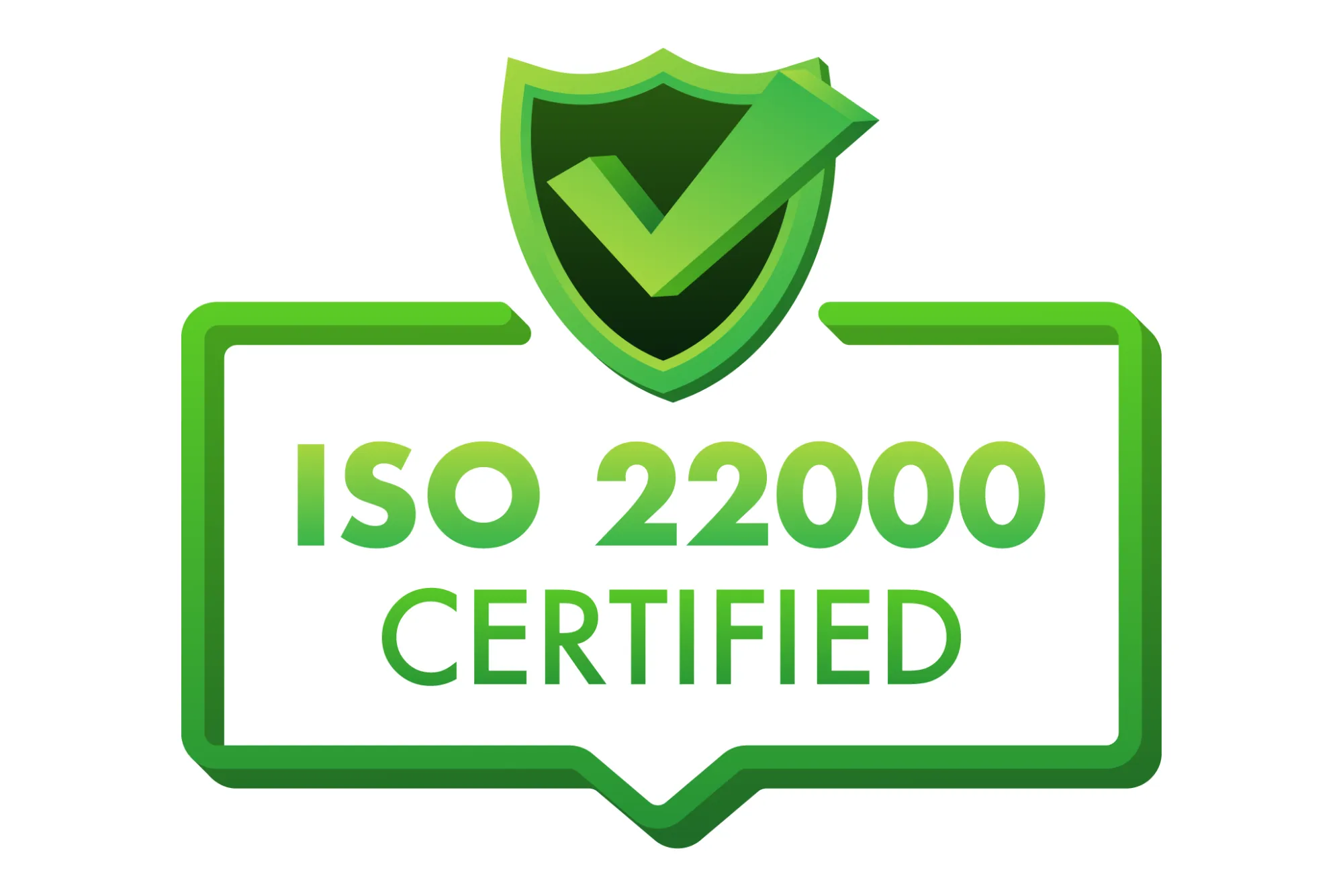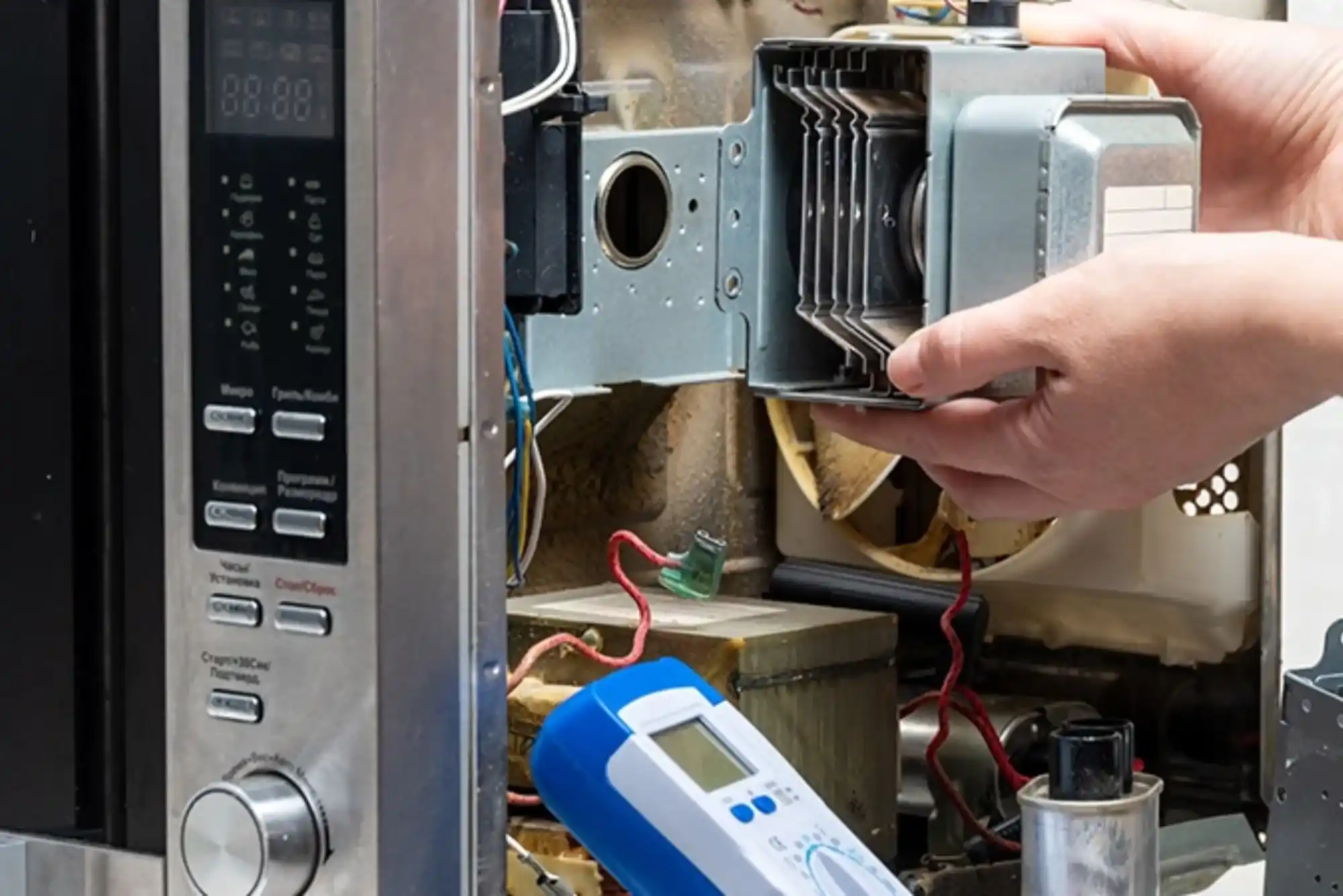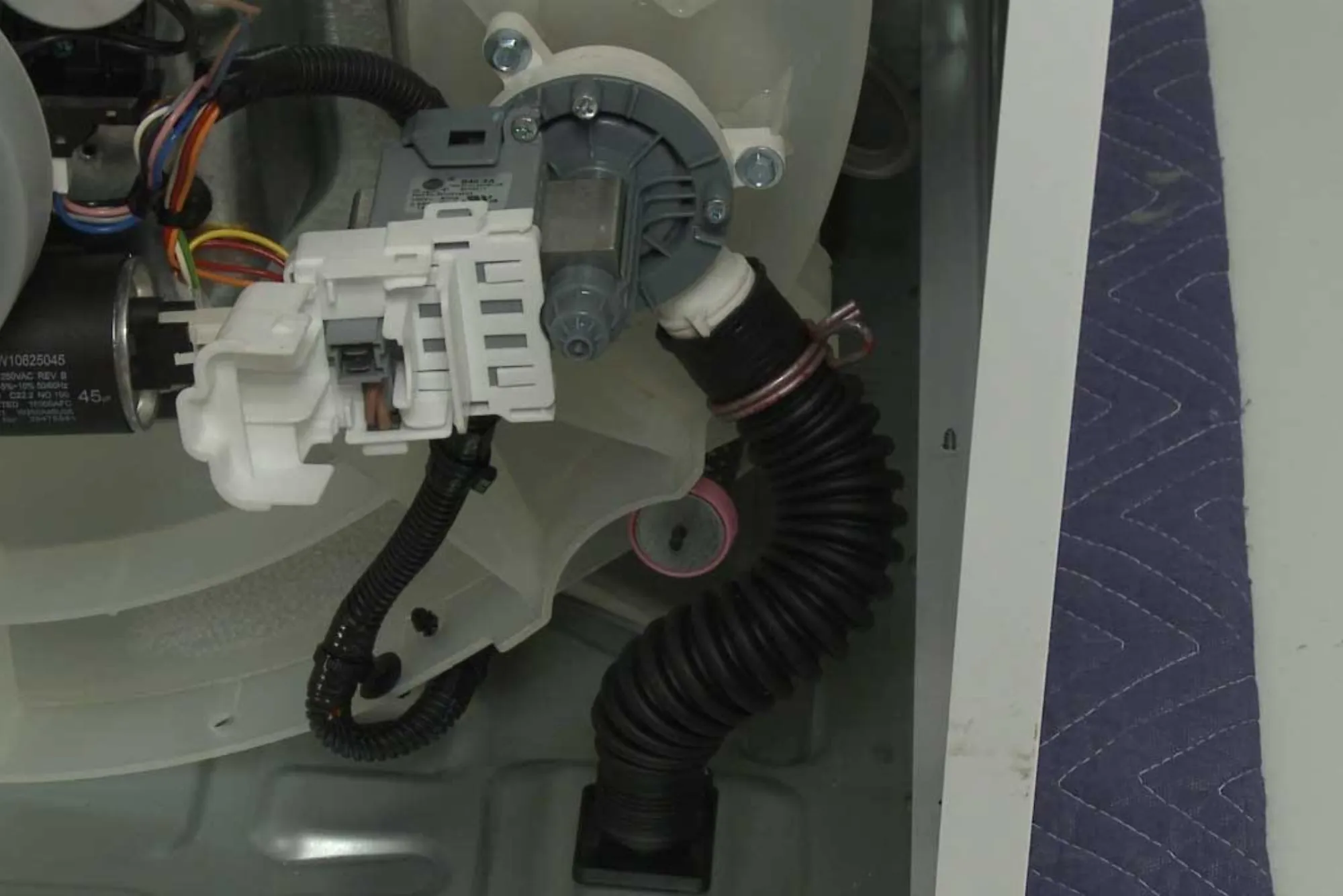ISO 22000 spells out what a food business needs to do to manage food safety. It fits any size or type of operation, from farms and processors to restaurants and catering services. Here’s what the journey involves: . For More details and consulting https://www.nqcoman.com/
- Hazard Analysis: Each step in the process gets checked for possible food safety risks. This includes checking raw materials, handling, storage, and transport.
- Clear Procedures: The business sets up detailed processes for hygiene, cleaning, and handling. Everyone knows their part.
- Training: Teams get trained so they understand risks and follow safety rules every day.
- Verification: The business runs regular checks and keeps records to prove the system works.
- Continuous Improvement: There’s a focus on finding problems fast and making things better over time.
The benefits of ISO 22000 certification go well beyond passing an audit:
- Customer Confidence: People expect safe food. Certification gives customers peace of mind—the business follows global safety rules.
- Market Access: Many retailers and clients require ISO 22000, especially when exporting or serving large clients.
- Regulatory Compliance: Staying in line with government food safety laws is easier, and fines or shutdowns are less likely.
- Fewer Incidents: There’s less chance of contamination, recalls, or damaged reputation.
- Team Accountability: With everyone trained and responsible, standards are kept high day after day.
. For More details and consulting https://www.nqcoman.com/
NOTE:
ISO 22000 Certification: Requirements and Benefits for Food Businesses
ISO 22000 certification plays a critical role in ensuring food safety across all stages of the food chain. For food businesses, meeting the certification requirements means implementing a robust food safety management system (FSMS) that addresses risk management, traceability, communication, and continual improvement. This includes establishing clear hazard control measures, maintaining documentation, and ensuring staff are trained in food safety practices.
Obtaining ISO 22000 not only enhances your brand’s credibility but also builds customer trust, improves operational efficiency, and opens doors to international markets. Many businesses also list their certifications in trusted food industry directories to showcase compliance and gain visibility among clients and partners.
















